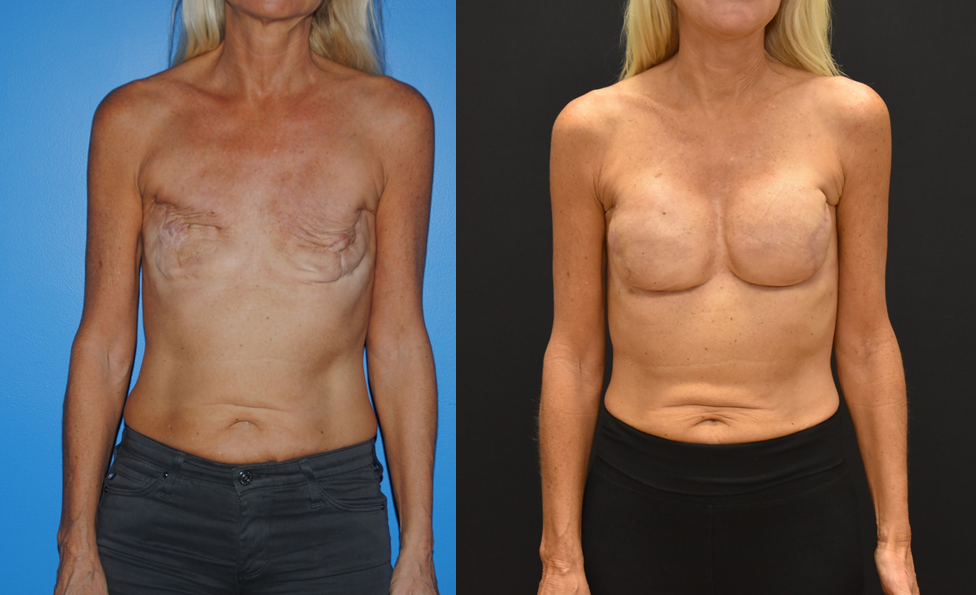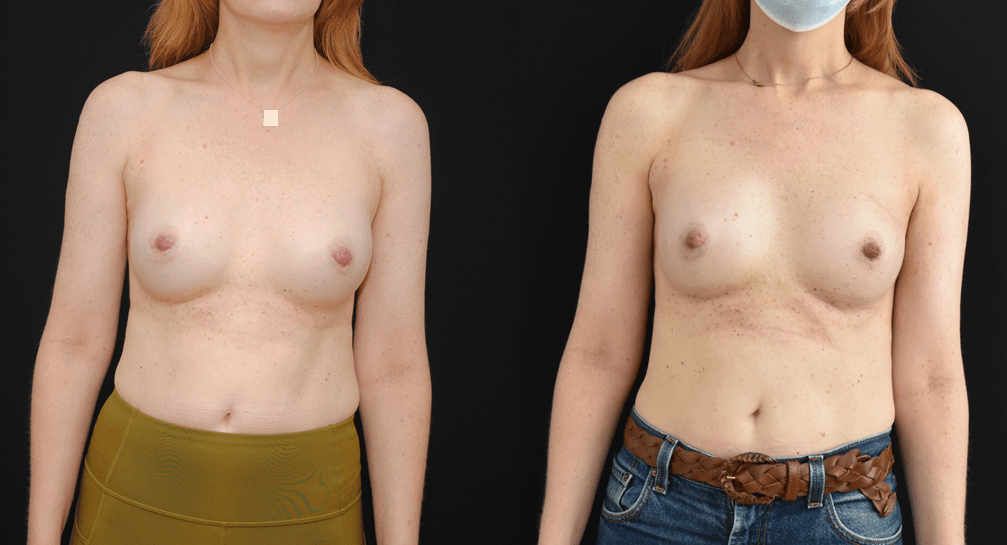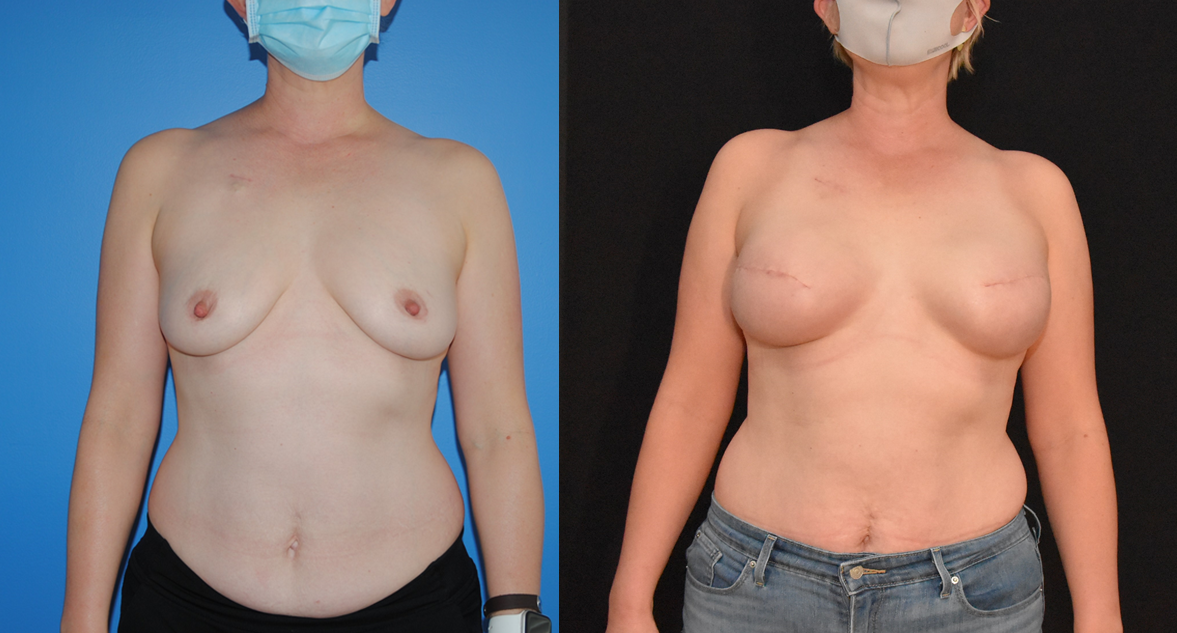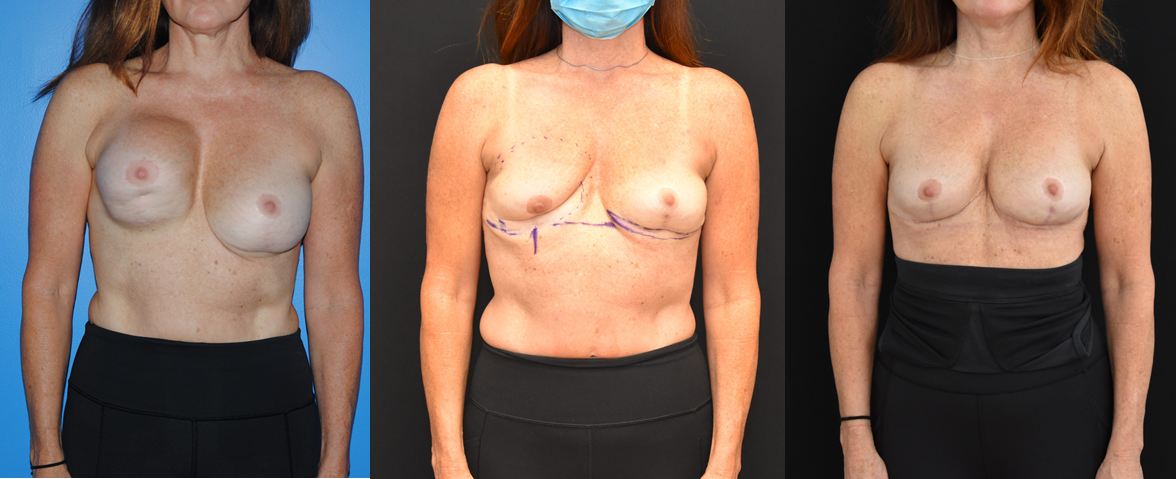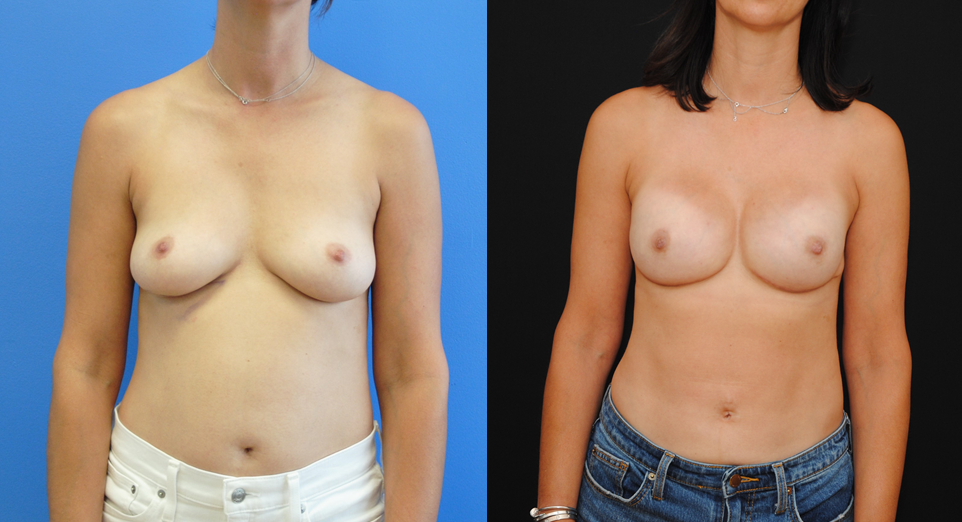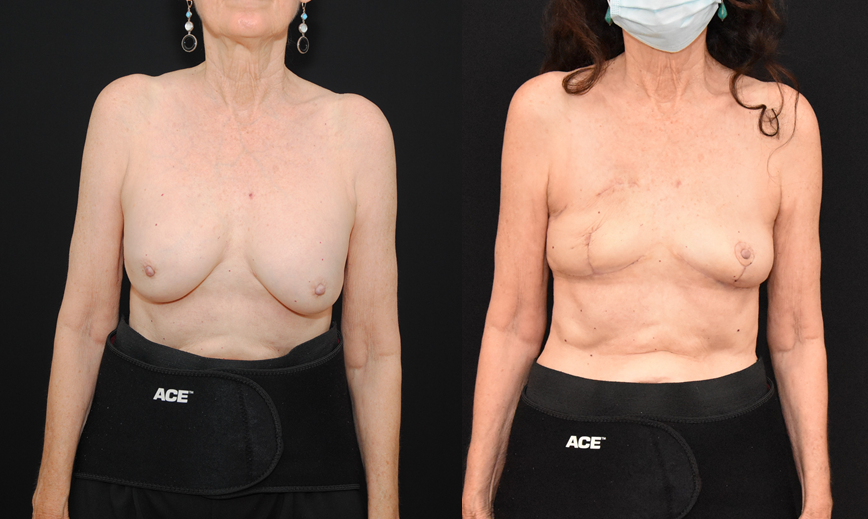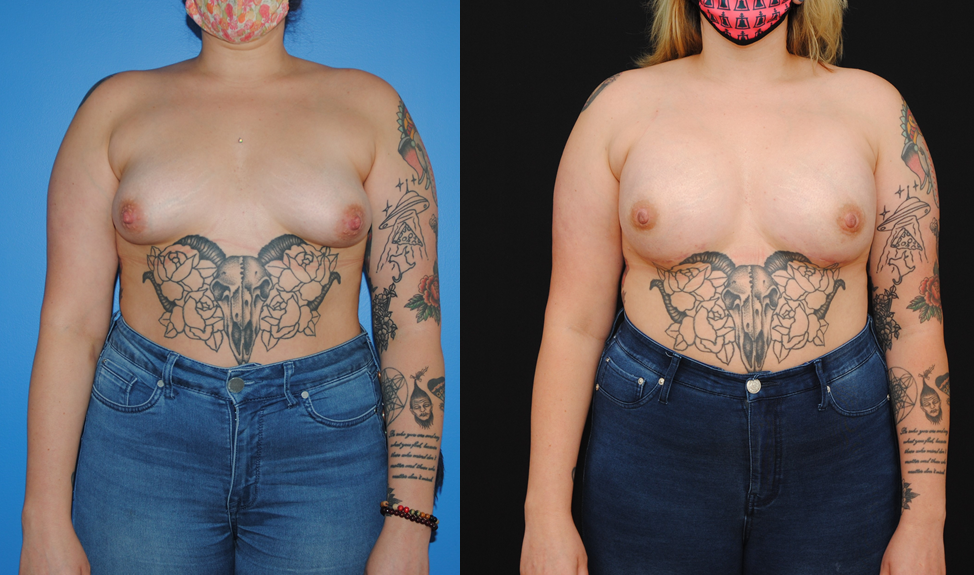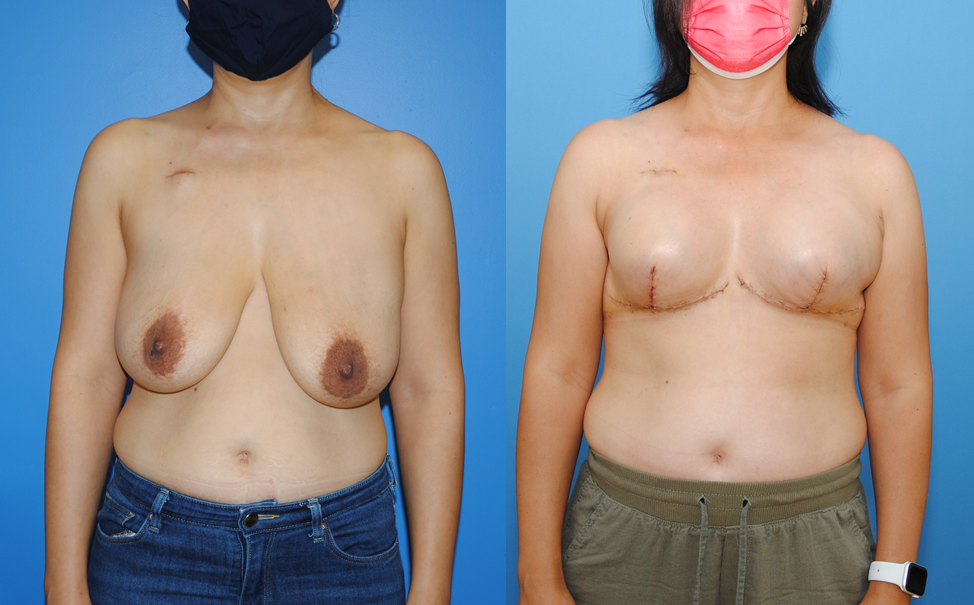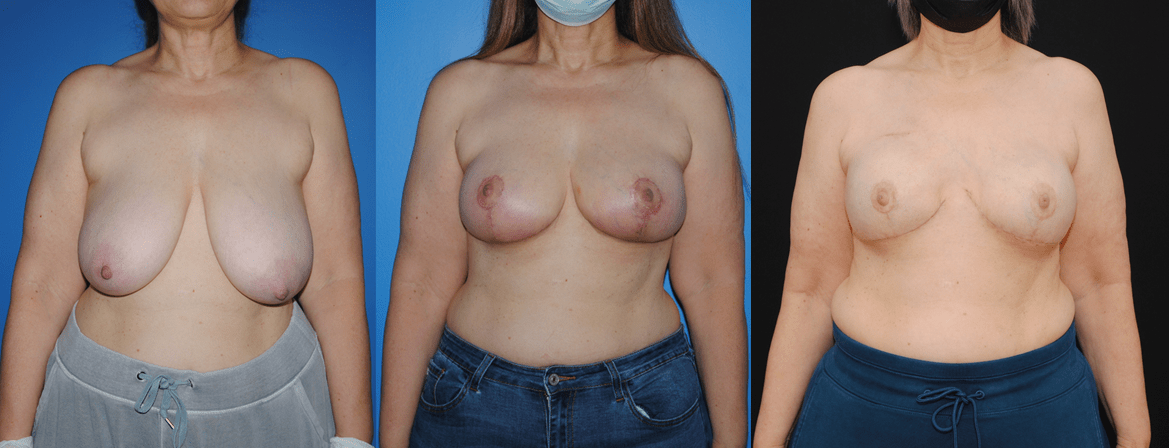Tissue expander and implant reconstruction can be accomplished at a later stage following mastectomy surgery. When the mastectomy reconstruction is performed at a later time, the term used is a “delayed reconstruction”. During a delayed reconstruction, the mastectomy defect is re-created and often a tissue expander is placed beneath the skin and or pectoralis major muscle. The skin is then…
